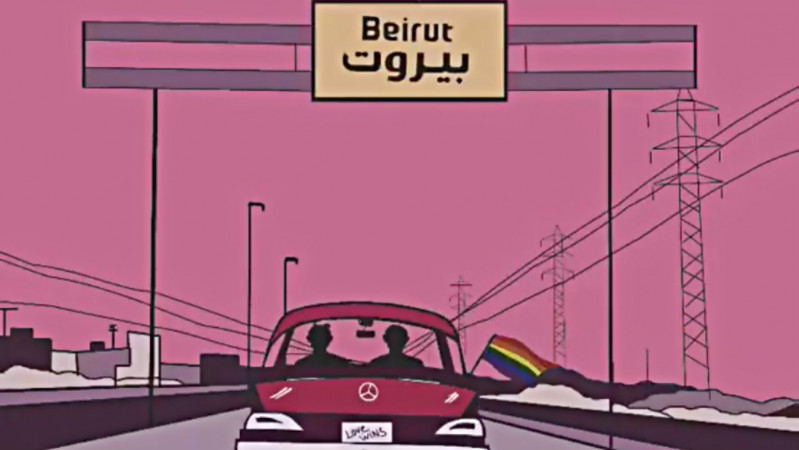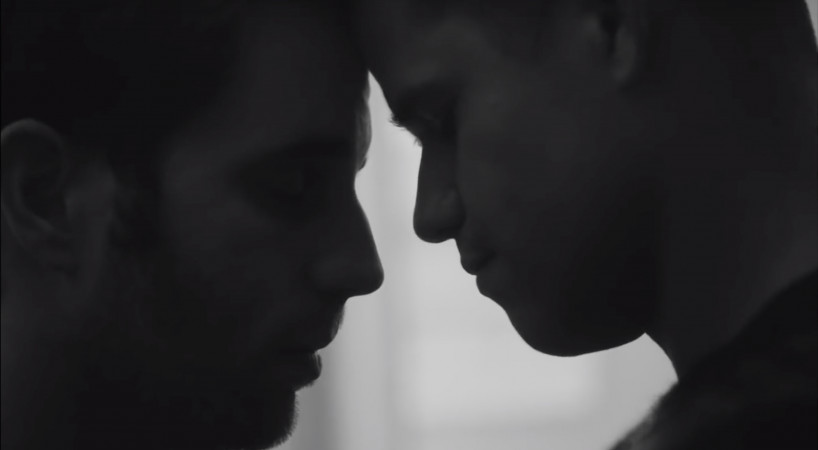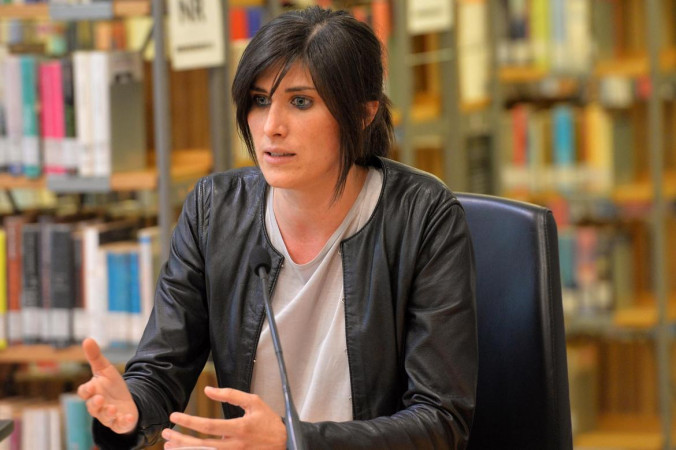Trans activist confronts airport harassment
Trans activist confronts airport harassment in Moldova
15/Sep/25
1926
Trans activist confronts airport harassment in Moldova
When Alex Shah, a trans rights activist, arrived at Chișinău Airport earlier this month, they expected a routine passage through passport control. Instead, the experience quickly unravelled into what they describe as a deliberate act of humiliation — one that has left lasting scars on their sense of safety.
“As soon as they realised I was trans, the officers started laughing,” Shah recalls. “They took my passport without permission, showed it to their colleagues at other counters, and began mocking me in Russian. Even when I asked why they were laughing, they ignored me. I spoke in English, but they refused to answer — just laughed more.”
Despite presenting a valid invitation letter, flight ticket, and hotel booking, Shah says officials offered no explanation for the delay. “Everything happened in front of other passengers. At one point, all the officers came out of their booths, gathered together, and stared at me while laughing. It felt like the entire staff was making me a joke.”
The situation escalated when Shah was escorted to a separate room. “I started crying in the waiting area, but when I realised they were mocking me for that too, I stopped. That was the moment I decided to make the incident public on social media.”
Shah’s account of what followed in the migration police office is equally troubling. “The chief officer began asking questions about my activism, my education, even my gender identity. From the invitation letter, they understood I was a journalist, and started probing why I came to Moldova, whether I intended to travel to Ukraine, if I wrote political articles. Then came questions like why my appearance doesn’t match my gender. All of it was in Russian — a language I don’t know — so I could easily have given wrong answers.”
The experience, Shah says, left them with a sense of vulnerability that persists. “During the incident, I felt angry, humiliated, fragile, and helpless. Before this, I had never had such problems at airports, so I always felt confident travelling. But now, I know I’ll feel cautious and stressed. I’m even considering hiding my self-expression in my clothing, just to avoid such problems in the future.”
Shah’s attempts to file a complaint with Moldovan police were met with indifference. One officer initially told them to “speak Russian” and refused to continue in English, suggesting they send an SMS instead. When Shah called again, they were informed that police “do not handle such matters” and were told to contact the airport directly.
Left without domestic recourse, Shah turned to the Embassy of Azerbaijan in Moldova, where they are a citizen. Embassy officials, they say, received a formal complaint and assured them that the case would be raised with Moldova’s Ministry of Foreign Affairs. “They told me they would keep me informed of any further developments. At least there, I felt listened to.”
The incident highlights the precarious position of trans travellers in Eastern Europe, where border checks can become arenas of discrimination. For Shah, the personal ordeal is also a political one: “I want accountability. I want the Moldovan authorities to recognise what happened to me as discrimination and harassment, and to make sure this doesn’t happen to other trans travellers. I also want to show that even when we are humiliated, our voices can be heard if we speak up.”
Whether Shah’s complaint leads to formal action remains uncertain. But their testimony has already sparked conversations about institutional transphobia, border security practices, and the broader risks faced by queer communities navigating hostile environments.
Powered by Froala Editor



